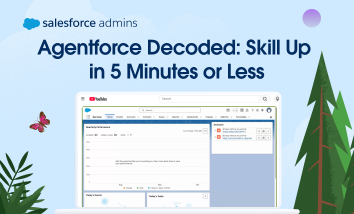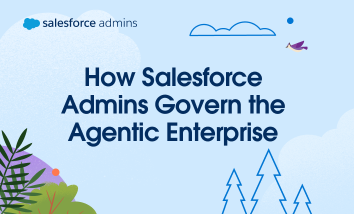Editor’s note: As of April 2023, the Who Sees What Series was updated. The links in this blog post were updated in July 2023 to reflect the new content. Salesforce is proud to present the freshly updated and Lightning-ized Who Sees What – Lightning Experience video series. Fully re-filmed in Lightning Experience, you’ll have no […]






